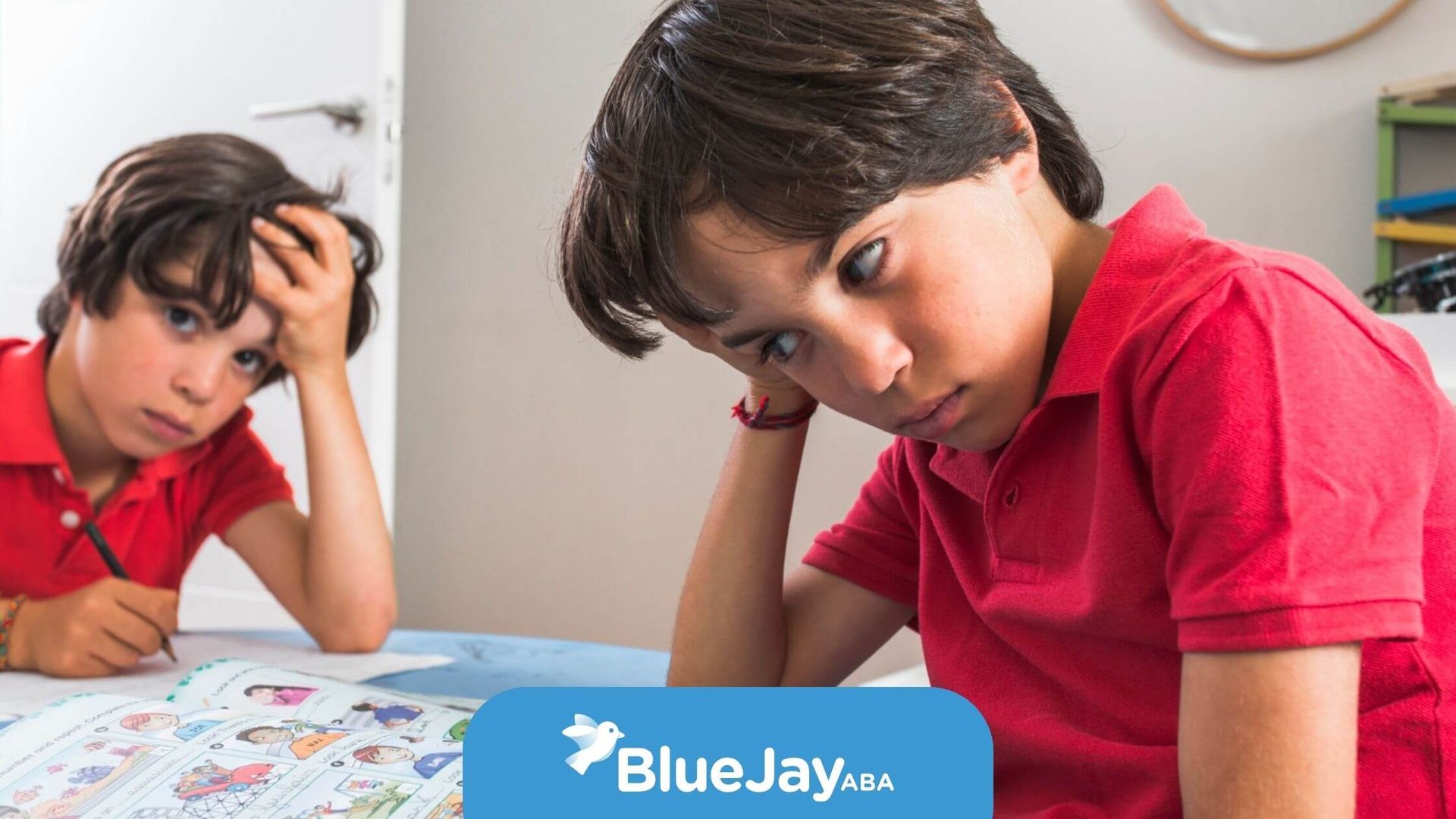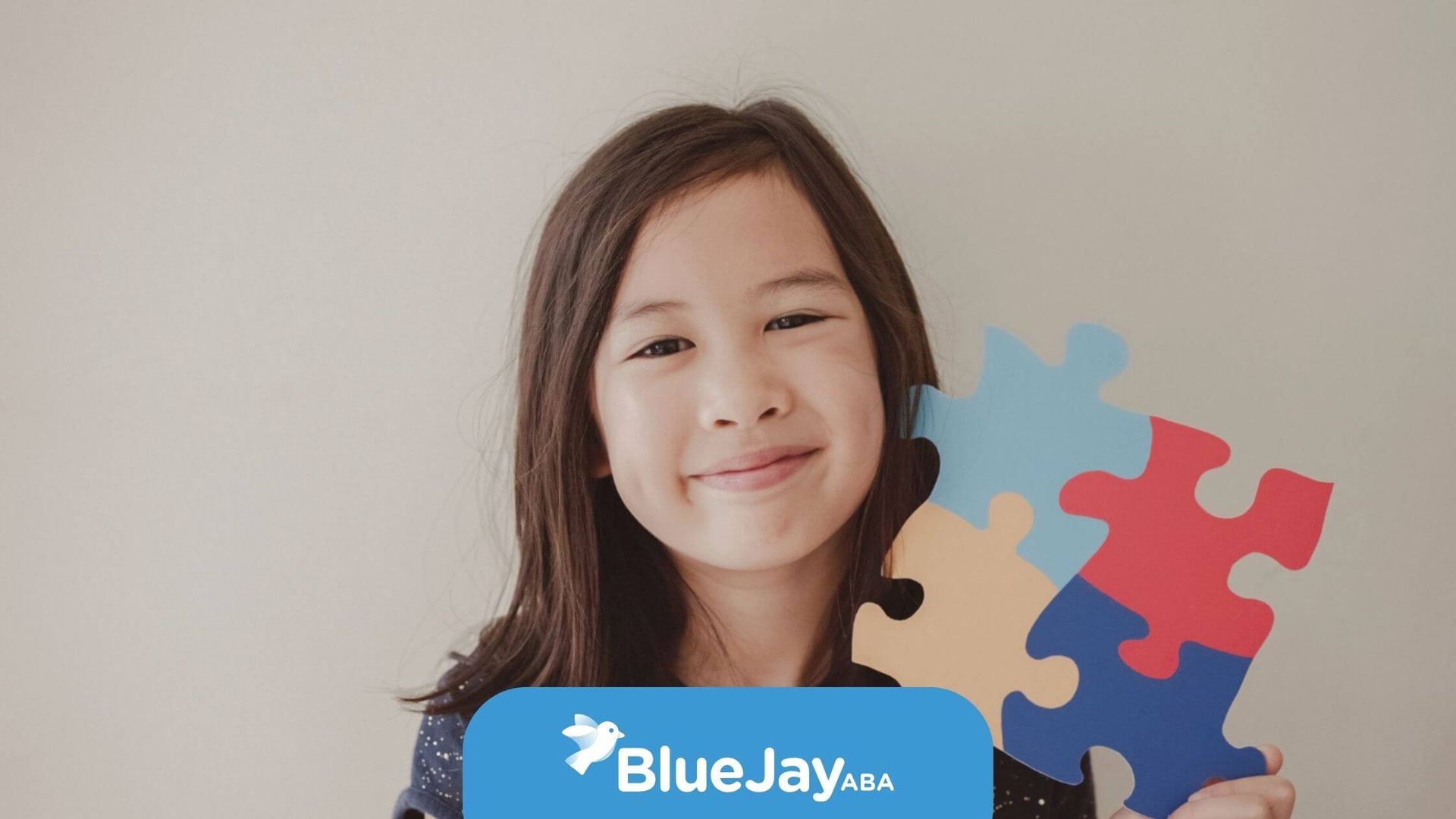What Do Autistic Kids Need the Most? 10 Key Ways to Support Their Growth
Every child with autism is unique, but they all share one thing in common — they need understanding, consistency, and the right kind of support to thrive.
Whether you’re a parent, teacher, or caregiver, knowing what autistic kids need most can make a huge difference in their growth and happiness.
Here’s a simple, heart-centered list of what helps children with autism reach their full potential.
1. Consistency and Routine
Predictability helps autistic children feel safe and secure. A clear daily routine reduces anxiety and helps them understand what to expect. Try to keep meals, bedtime, and activities consistent — even small changes can be tough, so prepare them in advance when possible.
2. Clear and Simple Communication
Autistic children may process language differently. Use short, direct sentences and visual cues whenever possible. Give them time to respond and avoid overloading them with too much information at once.
3. Positive Reinforcement
Celebrate small wins! Whether it’s a high-five, a favorite activity, or verbal praise, positive reinforcement helps children learn new skills and feel proud of their progress.
4. Sensory-Friendly Environments
Many kids with autism have sensory sensitivities — to light, sound, texture, or movement. Create calming spaces where they can take breaks and regulate their senses. This could be a quiet corner with soft lighting or noise-canceling headphones.
5. Emotional Support and Patience
Big emotions can be overwhelming for autistic children. Staying calm and patient during meltdowns shows them they’re safe and understood. Validate their feelings instead of rushing to “fix” them.
6. Social Connection (At Their Own Pace)
Autistic kids often want friendship — they just connect differently. Help them build social skills through play, small groups, or one-on-one time. Focus on quality interactions over quantity.
7. Individualized Learning and Therapy
Every child learns differently. Tailored interventions — like speech therapy, occupational therapy, or ABA therapy — can help build skills step by step. A professional ABA assessment identifies your child’s unique strengths and areas for growth.
8. Parent Training and Family Involvement
Parents play the biggest role in their child’s development. ABA parent training teaches strategies to encourage communication, manage behavior, and support progress at home — creating consistency across all environments.
9. Professional Evaluation and Ongoing Support
If you suspect autism but don’t have a diagnosis yet, an autism evaluation is an important step. Early understanding leads to better support, especially when combined with individualized therapies and structured environments.
10. Unconditional Love and Acceptance
Above all else, autistic children need love for who they are — not who we expect them to be. Celebrate their unique way of seeing the world. Every milestone, no matter how small, deserves to be recognized and cherished.
At Blue Jay ABA, we’re here to help children and families across North Carolina build confidence, communication, and independence.
We offer:
- Home-based ABA therapy for comfort and familiarity
- School-based ABA therapy to promote learning and social growth
- Telehealth ABA therapy for flexible, virtual support
Every child deserves the chance to thrive — and we’re here to make that journey a little easier. Learn more or get started today at Blue Jay ABA.
FAQs
What’s the most important thing autistic kids need?
Consistency, understanding, and unconditional support. These create a strong foundation for growth and confidence.
How can parents help at home?
By using the same communication and behavior strategies taught during ABA parent training and keeping routines steady.
What if I think my child might have autism?
Schedule an autism evaluation to understand your child’s needs and explore the best support options early on.
Sources:
- https://pmc.ncbi.nlm.nih.gov/articles/PMC9578461/
- https://kidshealth.org/en/parents/autism-checklist-bigkids.html
- https://www.autismparentingmagazine.com/10-things-my-autism-child-needs/
- https://www.marcus.org/autism-resources/autism-tips-and-resources/helping-kids-with-autism-make-friends
- https://www.helpguide.org/mental-health/autism/helping-your-child-with-autism-thrive
- https://www.unicef.org/eca/stories/how-support-your-child-autism
Related Posts





